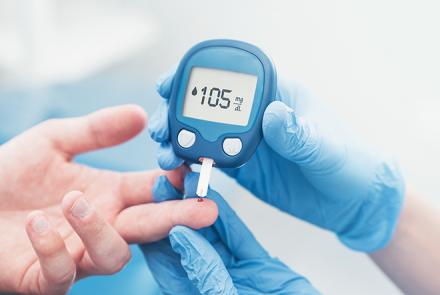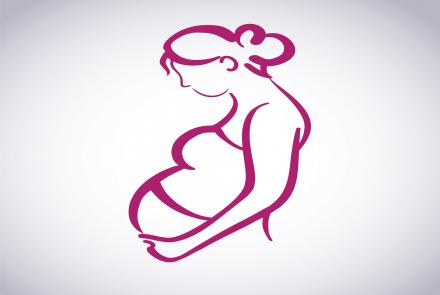
Menopause can wreak havoc on your diabetes control. But there's plenty you can do to better manage diabetes and menopause, recommends leading diabetologist Dr Pradeep Gadge.
What is the link between Diabetes and Menopause?
During the transitional years of menopause (when menstrual cycles slow down but haven't stopped), estrogen and progesterone hormones are unstable, and cause problems with diabetes management. Higher levels of estrogen usually improves insulin sensitivity, while higher levels of progesterone, cause resistance. As those changes happen, you'll notice your diabetes might be more unstable on some days.
Do changes in the levels of estrogen and progesterone, the female hormones, impact Diabetes?
The hormones estrogen and progesterone affect how your cells respond to insulin. After menopause, changes in your hormone levels can trigger fluctuations in your blood sugar level. You may notice that your blood sugar level is more variable and less predictable than before. If your blood sugar gets out of control, you have a higher risk of diabetes complications.
Does it get difficult to distinguish between the symptoms of the two conditions?
One of the challenges for menopausal women who have diabetes is distinguishing between the symptoms of the two conditions. It is not uncommon to mistake menopause-related hot flashes or moodiness for symptoms of low blood glucose. Night sweats—hot flashes that occur at night—can interrupt sleep and lead to excessive daytime fatigue, which can also be mistaken for low blood glucose. If this leads to eating extra calories to raise a low blood glucose level, it could lead to high blood glucose and, over time, weight gain, if repeated on a regular basis.
The reduced estrogen levels that occur with menopause can directly cause or can raise a woman’s risk of vaginal dryness, vaginal infections, and urinary tract infections—but so can high blood glucose levels. While all of these conditions are treatable, the cause of the problem must be determined for proper management. Regular blood glucose monitoring can help women figure out whether low or high blood glucose levels may be causing their symptoms. Any woman who is experiencing chronically high blood glucose levels should address that issue first, with the help of her diabetes team, if needed.
Does osteoporosis or bone thinning become a major concern with diabetic postmenopausal women?
The prevalence of osteopenia and osteoporosis in post-menopausal diabetic women is more than post-menopausal non-diabetic women, which is evident from a lower femoral neck T-score (that describes the density of the bones) in diabetic patients compare to the non-diabetic healthy individuals.
What is the best way to take control of this twin problem of Diabetes and Menopause?
Menopause can wreak havoc on your diabetes control. But there's plenty you can do to better manage diabetes and menopause.
- Make healthy lifestyle choices. Healthy lifestyle choices — such as eating healthy foods and exercising regularly — are the cornerstone of your diabetes treatment plan. Healthy foods and regular physical activity can help you feel your best after menopause, too.
- Measure your blood sugar frequently. You may need to check your blood sugar level more often than usual during the day, and occasionally during the night. Keep a log of your blood sugar readings and symptoms. Your doctor may use the details to adjust your diabetes treatment plan as needed.
- Ask your doctor about adjusting your diabetes medications. If your average blood sugar level increases, you may need to increase the dosage of your diabetes medications or begin taking a new medication — especially if you gain weight or reduce your level of physical activity. Likewise, if your average blood sugar level decreases, you may need to reduce the dosage of your diabetes medications.
- Ask your doctor about cholesterol-lowering medication. If you have diabetes, you're at increased risk of cardiovascular disease. The risk increases even more when you reach menopause. To reduce the risk, eat healthy foods and exercise regularly. Your doctor may recommend cholesterol-lowering medication if you're not already taking it.
- Seek help for menopausal symptoms. If you're struggling with hot flashes, vaginal dryness, decreased sexual response or other menopausal symptoms, remember that treatment is available. For example, your doctor may recommend a vaginal lubricant to restore vaginal moisture or vaginal estrogen therapy to correct thinning and inflammation of the vaginal walls (vaginal atrophy). If weight gain is a problem, a registered dietitian can help you revise your meal plans. For some women, hormone therapy may be a good option.
Diabetes and menopause is a twin challenge. Work closely with your doctor to ease the transition.
Share your experience in the comments section below.

Dr. Pradeep Gadge is a renowned Diabetologist in Mumbai, who is well known for managing complicated diabetic cases.
















